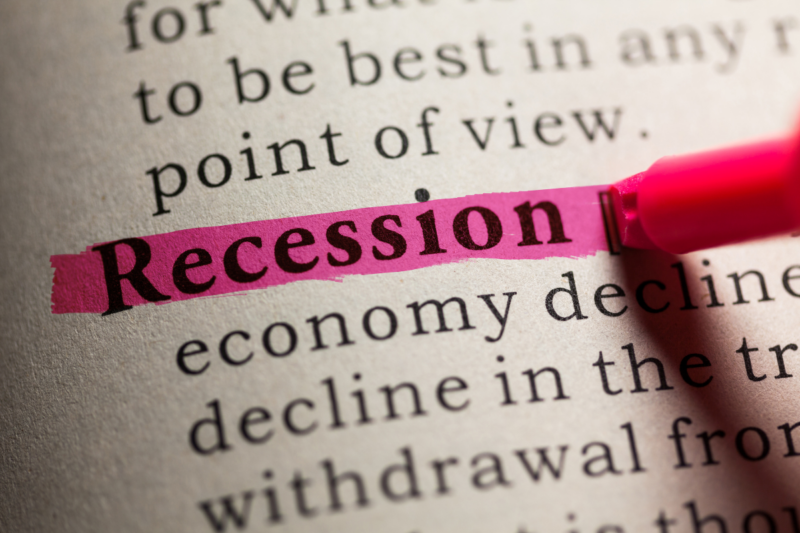

When fiscal policies are out of control
Financial markets are concerned about the growing fiscal deficits of Western governments, which risk entering a vicious circle that might send debt spiralling out of control, threatening the credibility of their currencies.
Republican Senator Rand Paul could not have been more blunt when he said in an interview on Fox News last Sunday that “it’s out-of-control spending, and we are threatening the very existence of our currency, and perhaps our country, with this crazy, profligate spending”.
He is neither the first nor the only voice warning of the dangers of excessive government spending. Billionaire Jeffrey Gundlach, known in the US as the bond king, “Bond-King”, warns that “the future of the US dollar and possible runaway inflation depends on getting the budget and spending under control”. More worryingly, he warns that the federal government is likely to spend aggressively during the next economic downturn and bring itself to the brink of financial collapse, “The response to the next recession will be a complete disaster relative to our fiscal position, and this will be the wake-up call where we realise that the United States is bankrupt, that we cannot meet our liabilities”.
It is no secret that in the face of economic crises come large fiscal expansions, but the resulting increases in sovereign debt and interest rates can limit the availability of business borrowing, reduce investment and weaken national currencies. President Joe Biden is asking Congress for $100 billion in new foreign aid and security spending at a time when the US budget deficit has ballooned to a level not seen since the COVID-19 pandemic.
A deficit of nearly $1.7 trillion in fiscal year 2023 – a 23% increase over the previous year – due to falling revenues and rising expenditures has once again brought the debt sustainability debate to the fore and called into question the fiscal policies of the current administration.
Europe lagging behind the US
While it is true that decoupling US monetary policy from the monetary policies of other Western central banks could alleviate the risk of global recessions, in practice, concerted monetary policies between countries in the same geopolitical bloc remain the norm, facilitating the global contagion effect of economic crises.
That said, the divergence between the EU and US economies is significant. After the pandemic, the US economy recovered much better than the EU, and this dissonance has widened further in recent months. While the US economy is accelerating at a healthy pace and grew by 4.9% in the third quarter, half of Europe is stagnant or in economic contraction and the GDP of the eurozone countries fell by 0.1% in the third quarter of the year, leaving them close to a recession.
Wall Street banks expect rising energy prices and weak eurozone growth to drag the euro down into parity with the dollar. JPMorgan has revised down its forecast for the euro to $1 by the end of the year, while Citibank expects it to reach parity “within six months”, given its “current view that the European recession is well ahead of the US recession”.
Given this bleak economic outlook and the unreliability of these two currencies, it is hardly surprising that central banks and private investors continue to buy gold en masse, at the very least, to secure an alternative to a Western monetary system that appears to be in agony and free-falling.
If you want to discover the best option to protect your savings, enter Preciosos 11Onze. We will help you buy at the best price the safe-haven asset par excellence: physical gold.
Leave a Reply
You must be logged in to post a comment.





Difícil aconseguir control de la despesa,immersos com estem. en un sistema neolliberalista i per conseqüència en una societat hiperconsumista que no entenem en aquests moments,que menys es mes
Correcte, Alícia. D’alguna manera, caldrà parar l’accelerador per avançar. Seguim a La Plaça!
gràciess
A tu, Joan. Seguim a La Plaça!